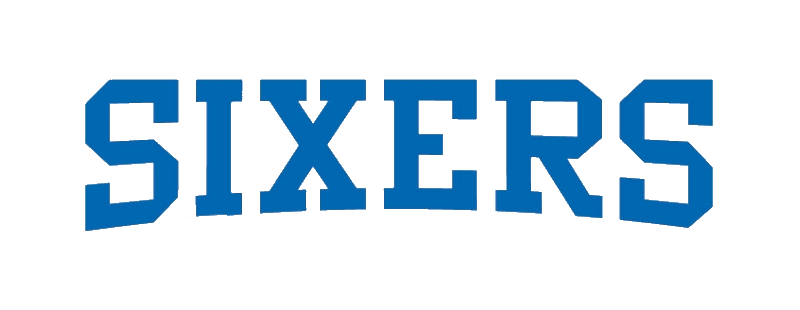FSU Professor Says PAPSA Unconstitutional
The United States Supreme Court won’t hear New Jersey’s sports betting case until 2018. But that hasn’t stopped interested parties from starting to weigh-in on the case. These are being done through amicus curiae briefs, better known as friends of the court briefs. These allow outside parties to give their opinions on the merits of a case.
Before it is all said and done, the Supreme Court will hear from individuals on both sides of the case. But those against PAPSA have started to make their opinions known. Florida State University professor Dr. Ryan Rodenberg was the latest to chime in and he isn’t a fan of PAPSA. He believes there is plenty wrong with it as it is written and practiced.
“The way PASPA regulates — as demonstrated in this case with the Federal Government absent as a litigant and only Respondents furthering the PASPA claims against Petitioners — is by outsourcing a form of privatized regulatory power for unilateral use against the States. Such a regulatory apparatus violates the private nondelegation doctrine.”
The above statement is lawyer speak for saying PAPSA was written for the leagues and NCAA. That he views as a big non-no based on the Constitution.
Rodenberg also says allowing some states like Nevada to offer sports betting, but not others, such as New Jersey, also is illegal. While Nevada was “grandfathered” in, he says that loophole isn’t right either.
“First, PASPA differentiates favored grandfathered States and non-grandfathered States, with the latter completely barred from legalizing sports betting within their borders,” he wrote. “Second, Nevada is treated more favorably than some of the other exempted States. Both tiers of state-level distinctions violate the equal sovereignty doctrine.”
We’re still a ways away from reach a conclusion to the case. But there are plenty of people who believe PAPSA doesn’t measure up.




